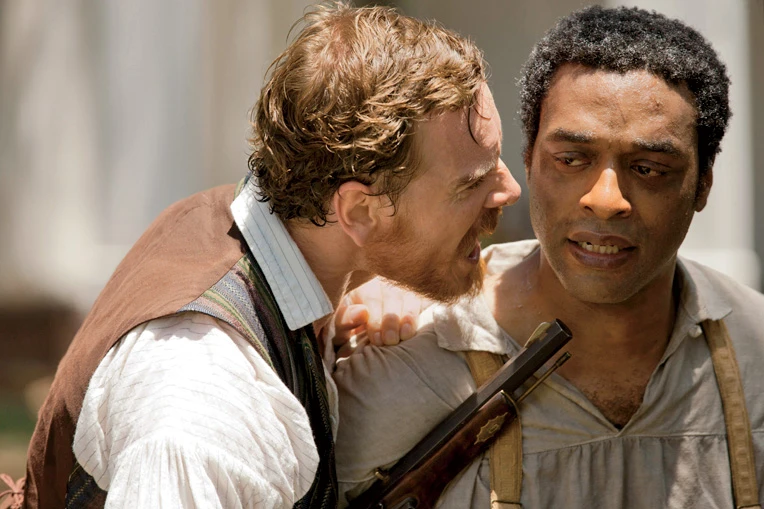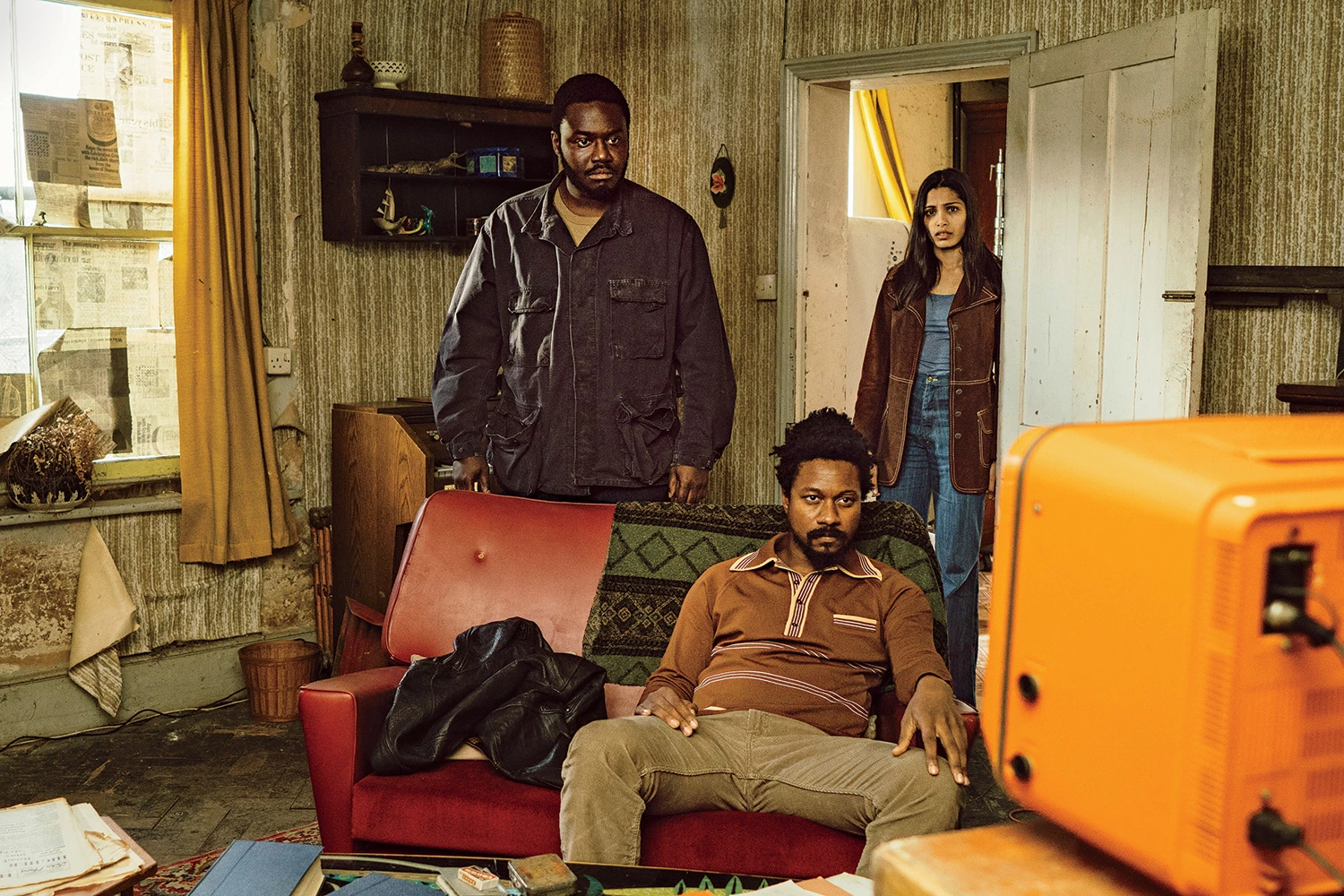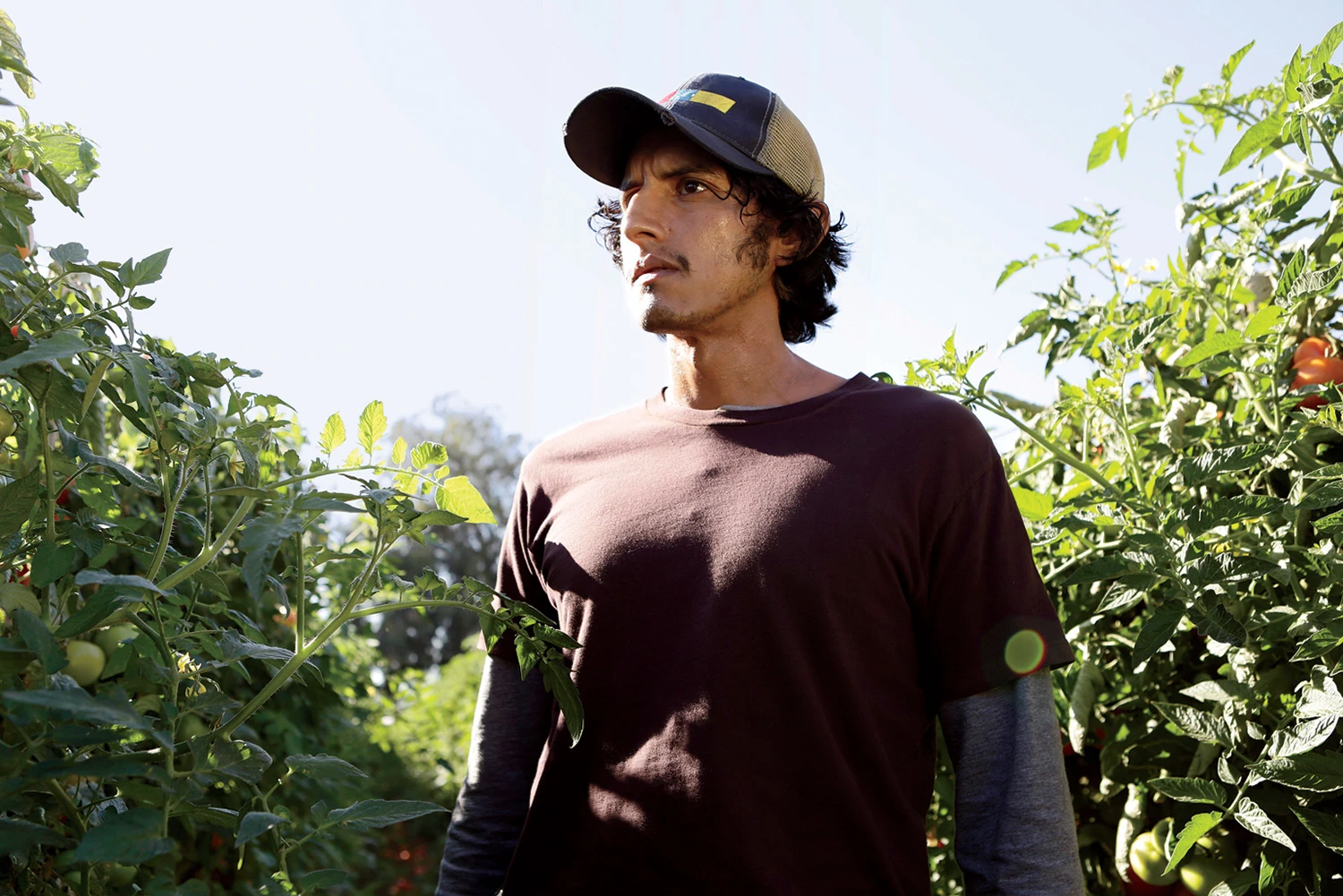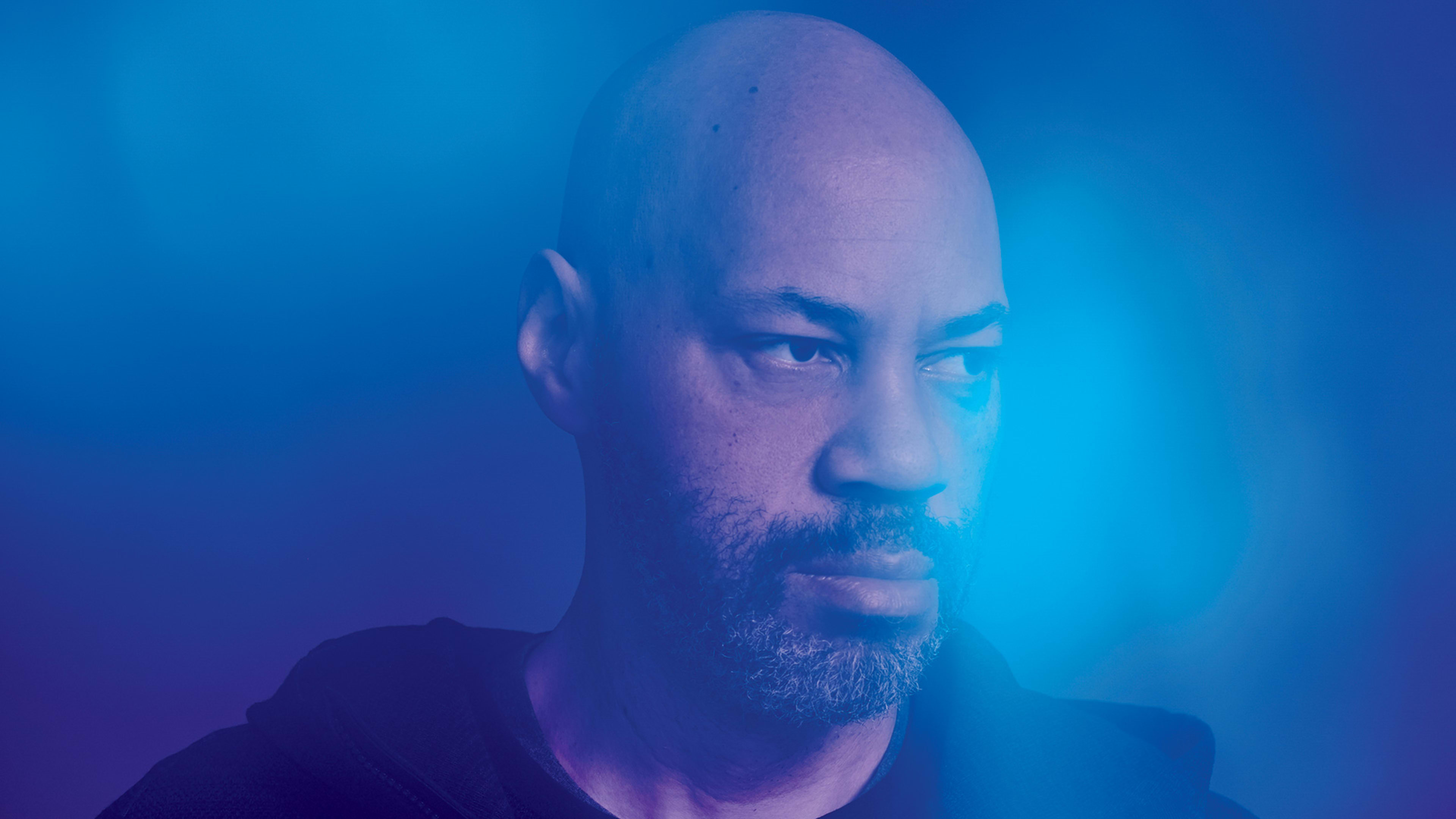After his 2014 Academy Award win, John Ridley took his nuanced, issue-oriented storytelling to network television. Through his production company, International Famous Players Radio Picture Corporation, he writes, produces, and directs the Emmy-Award winning ABC anthology drama American Crime. In March, the show returned for its third season, tackling the hot-button topic of immigration. That’s just the start: On April 16, Showtime begins airing Guerrilla, a limited series starring Idris Elba and Freida Pinto that Ridley wrote, produced, and directed. His documentary, Let It Fall, about the 1992 Rodney King riots in Los Angeles, will debut on ABC on April 28.
Fast Company: You’ve had great success in movies. How did you end up going all in on television?
John Ridley: I’ll tell you something, [before winning the Academy Award] I was reaching a place in my career where I was not very happy with the types of projects coming to me. It’s not as though the things I do [generate] an enormous box office. But I’d done interesting things—like U Turn, Undercover Brother, Three Kings—that have cult followings. Then around 2007, [the industry] went off the financial cliff, and Hollywood cut back on deals. It was all about the franchises. Studios weren’t betting on the more issue-oriented films.
At that point I [asked myself]: If this is going to be the last thing I can write or try to get made, what should it be? At that time I was really, really passionate about telling a Jimi Hendrix story, but a particular story, in a particular way, about a very particular moment in his life. That became [2013’s] All Is by My Side, with [Outkast’s] André Benjamin. And even though it wasn’t widely viewed, the folks at ABC—a television network—saw the film and said it was one of the most interesting things they’d seen. [They asked,] “Can you take that style of storytelling and bring it to television?” And that was the beginning of American Crime.
So it started with me sitting down and saying, You could chase this certain kind of project and that’s all you would be. Or you could be crazy enough to attempt this film about Jimi Hendrix. [I thought,] All right, let me be crazy. You don’t do things because everybody will see them. You do things because the right people will see them. And now I’m here in London, simultaneously finishing up three projects that are incredibly unique.

Years a Slave. [Photo: Everett Collection]
FC: You have a close relationship with ABC Studios, which works with your production company to develop content for ABC and other networks. How has that helped you?
JR: Business models have changed. Back in the day, you’d have a provider who’d pay a license fee, and the studio would sort of deficit-finance the project. Right now, I have somebody who says, “We really like John, we think he’s a creative person. If a content provider or distributor thinks that his idea is equally interesting, we’d love to get in partnership and help finance it.” What’s great is that I don’t have to, on a day-to-day basis, worry about where my next job is coming from. So I’m in an amazing situation. I don’t mean amazing as in “good,” I mean amazing like, I sit here and think about it, and I can’t explain to you how I ended up in a place like this.
FC: Much of your previous work showcases the stories of underrepresented people. Does that carry through in your current projects?

JR: With this season of American Crime, we address worker exploitation and workers’ rights in this country, and obviously a lot of that deals with undocumented workers. There are large sections of the show where the language is Spanish, a native Mexican dialect, French, or Haitian Creole. We’re representing individuals who don’t have the capacity to advocate for themselves in the language of the nation. I think that’s something that’s not normally portrayed—certainly not on broadcast television.
With Let It Fall, [I was] able to take a 10-year-long look at Los Angeles, from 1982 to [the Rodney King riots in] 1992. As a black man in America, much of the way I perceive race is black and white. But that is not the only discussion to be had on race in America. So [in the documentary], I explored black, white, Asian-American, and Hispanic [perspectives]. It’s not just “us against them,” but it is all of us together, working toward progressive results within this country.
FC: You also produced Guerrilla, a miniseries that follows a mixed-race couple who become radicalized in racially charged 1970s London. Like this season of American Crime, it confronts this question of who really belongs, and whose humanity gets valued. Is the political climate today informing your work?

I could not be more proud of the last eight years of [President Obama], in terms of what he represented and what he tried to accomplish. But there were still problems that were happening in our own community and the wider country. It’s great that people now feel like they need to turn out. They are energized and activated. But in some ways it’s unfortunate that it took [Donald Trump’s election] for some people to feel like, Oh, we gotta go out and do something. Because if the election had gone a different way, we still should have been out on the street, advocating for change.
Recognize your brand’s excellence by applying to this year’s Brands That Matter Awards before the early-rate deadline, May 3.
